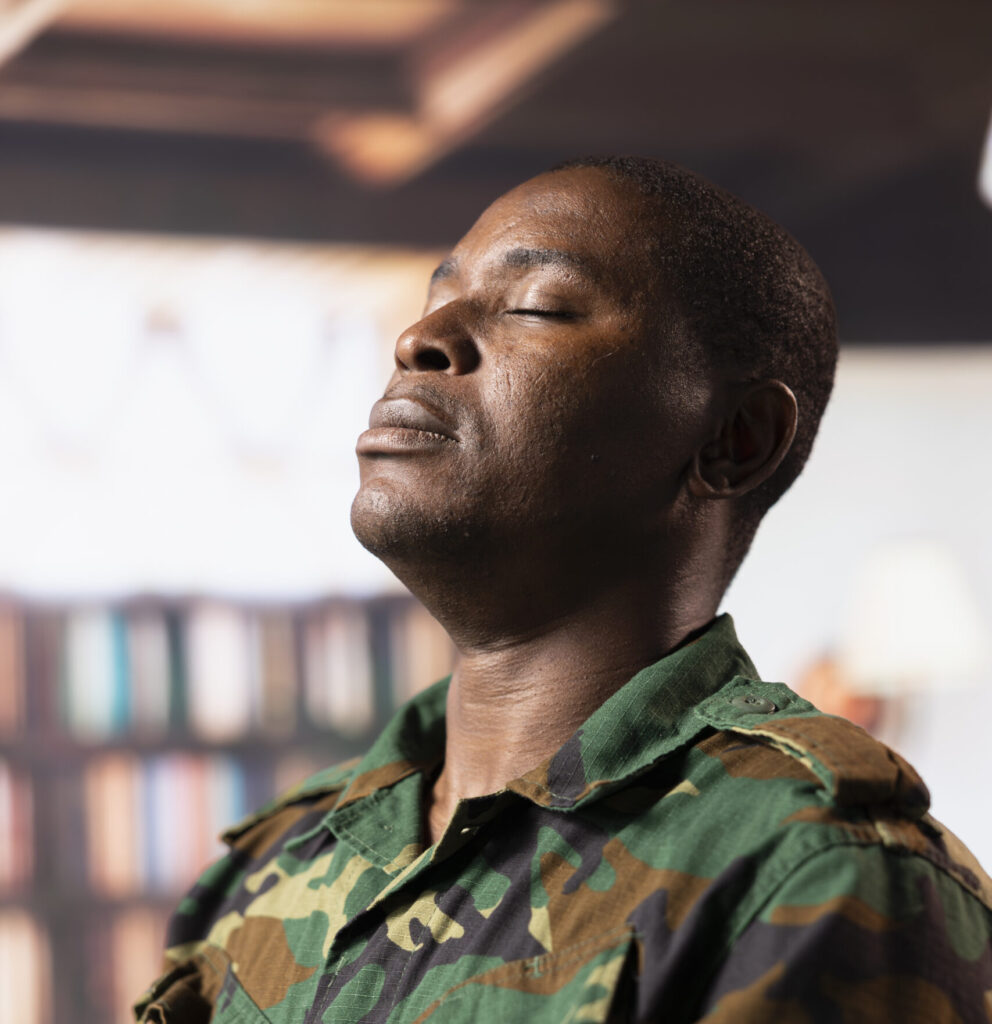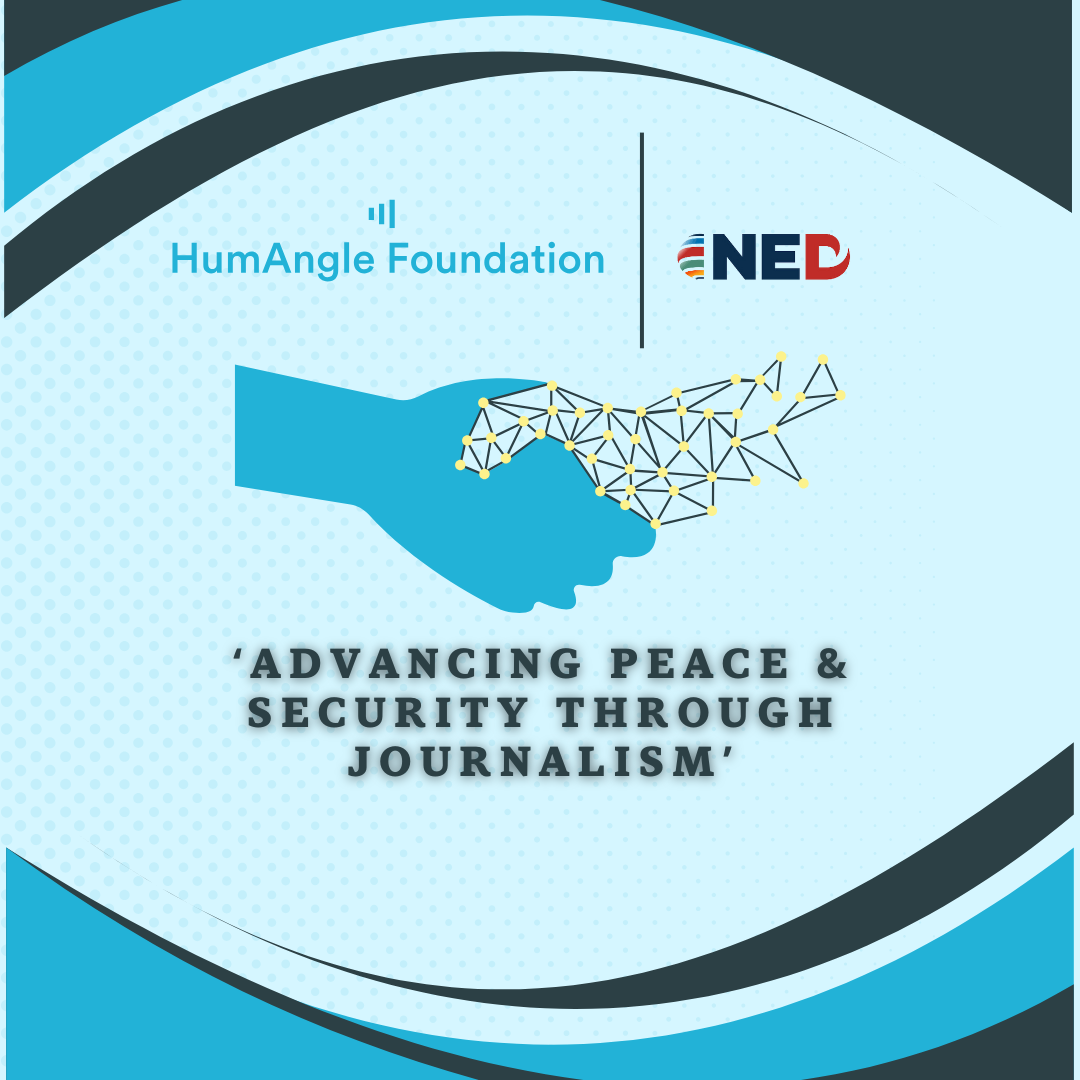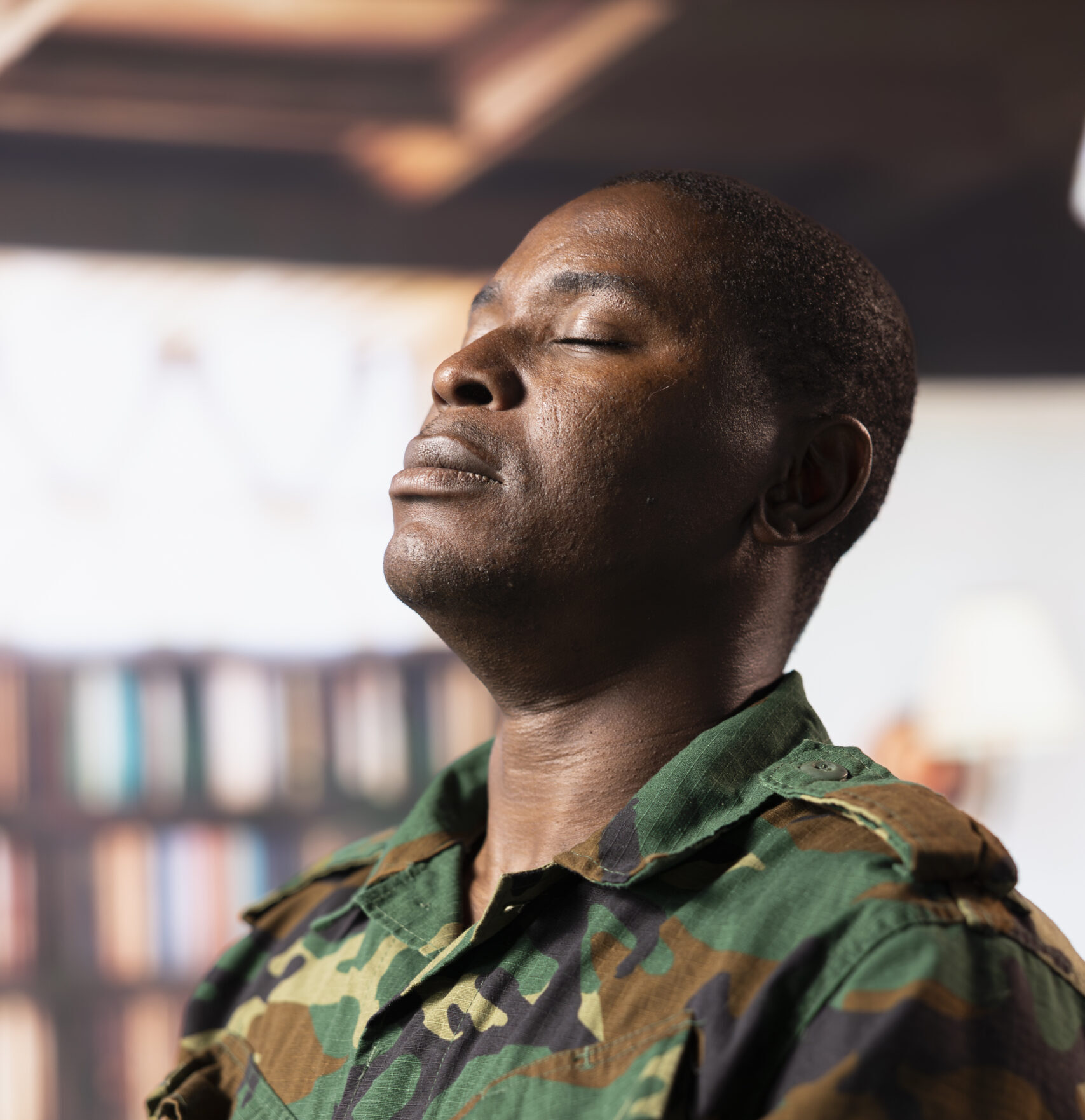by Chioma Onyemaobi
Every January 15th, Nigeria honours its fallen heroes. While some may see it as just another day, it is a solemn occasion for the military and their families; a day to acknowledge the immense contributions and sacrifices made by those who bravely served to protect lives and property. Though these heroes are remembered daily by their loved ones and comrades, the Nigerian government designated this day on 15th January, 1970 as ‘Armed Forces Remembrance Day’ to express national gratitude and honour the service of veterans. It is a day to say, “Thank you for your service. Thank you for safeguarding our lives. Your sacrifices are forever etched in our hearts, and your legacy will endure.”
Truly, the sacrifices that members of our Armed Forces make are numerous. With the spate of insurgent attacks our troops are combatting in the Northeast, they often experience extreme physical, psychological and emotional challenges. But how easy is it for them to seek psychological treatment?
The Toll of Insurgency on Military Personnel
It is a huge psychological burden to fight an insurgency. Soldiers often deal with life-threatening situations, the loss of brothers in arms, the terrors that come with fighting in a war and the enduring effect on their families. These experiences frequently result in mental health conditions, including post-traumatic stress disorder (PTSD), depression, anxiety, and substance abuse. Considering the fact that the Nigerian military exists as a subset of a larger society where mental illness is stigmatised and discussed in hushed tones, it becomes difficult for military personnel to seek help.
Key Barriers to Help-Seeking
- Stigma and Cultural Perceptions: In the context of the Nigerian military, seeking mental health support may be seen as a weakness or incompetence. Soldiers may worry about being declared “unfit for duty” or incurring the disrespect of their comrades. This stigma stems from a wider culture that values grit over mental health.
- Poor Access to Welfare: There are so many Armed Forces staff in remote sites with limited or no access to welfare. Proper services are scarce, and even when they do exist, the trained professionals who are capable of providing the relevant support are unavailable.
- Lack of Awareness and Education: Many in the military do not understand mental health issues or available resources, and this is part of a larger societal problem. The reality of mental illness in Nigeria is that many people do not understand mental illness, which causes delayed or absent help-seeking behavior.
Strategies for Breaking Down Barriers
- Promoting Mental Health Awareness: Developing a teaching programme within the Nigerian Military around mental health issues will help to normalize the conversation and reduce stigma. Training sessions and roundtable talks should reinforce that seeking help is a strength, not a weakness.
- Increasing Access to Services: Mobile mental health units and telehealth medicine services are a way to increase access for Nigerian soldiers in diverse locations. Also, there is a need to recruit and train more mental health professionals with knowledge of military psychology, and soldiers should have full access to these mental health professionals.
- Policy Reforms: The Nigerian military needs to seek out and implement more policies that provide mental health support to its personnel. It is important that the authorities ensure that mental health status doesn’t hold back career advancement and that soldiers feel safe enough to seek help.
- Peer Support Programmes: Promoting peer support programs can help to provide a safe environment where soldiers can discuss their feelings and seek assistance without worrying about being judged.
- Providing Wide-range of Resources and Expertise: Collaborating with civilian organizations, including non-governmental organizations, mental health advocates, and other stakeholders, can help to provide additional resources and expertise to address the mental health needs of military personnel. This will ensure diversity in the quality and range of help that is available.
Conclusion
Overall, tackling the cultural barriers to help-seeking among Nigerian military personnel is not only crucial to their overall health but also vital to the national security of the country. This form of care would make the troops more aligned to rise to the tide of insurgency without jeopardizing their mental and emotional capacity. The road to change is a shared responsibility between policymakers and military leaders, mental health professionals, CSOs and society at large. We will only be able to develop a robust and effective defence unit by first prioritizing the mental health of those who serve.



